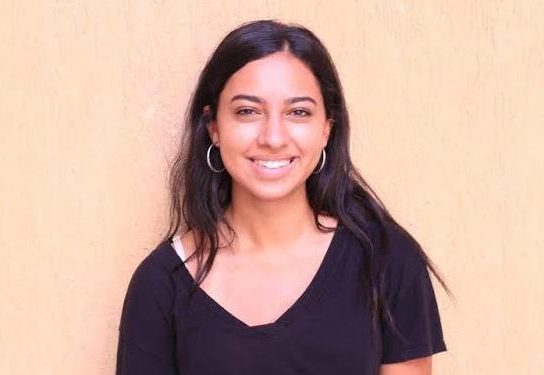Life on Cloud 9: On Living in a Modern-Day Panopticon
 Every job opening I have come across over the past week has asked for candidates’ social media links as part of their application.
Every job opening I have come across over the past week has asked for candidates’ social media links as part of their application.
LinkedIn I understand, it’s a professional platform. But Facebook and Twitter? It left me with a sense of unease. I spent a good amount of time debating whether I should provide employers with my accounts – after all, it wasn’t a mandatory field to fill.
At first, I was adamant on not doing it. These are my private social media accounts; they don’t have the right to see what I share or tweet. But then I thought, what if they assume I’m not an avid user? That I don’t exist online?
Would that hurt my chances of being considered for the job?
I ended up adding my Facebook, knowing they won’t be able to view much because of my privacy settings.
Twitter, however, I thought absolutely not. I pride myself in a right to privacy I believe I am entitled to, that I at least have a right to this one platform to say what I want without the constant feeling of being watched; completely forgetting that I, along with everyone else, live in a modern-day panopticon.
The Panopticon is a prison system designed by English philosopher Jeremy Bentham in the late 18th century. Because of its circular structure, all inmates could be easily observed by a single watchman, without the former being able to tell whether they are being observed or not.
French philosopher Michel Foucault said that the notion of the panopticon allows for a small number of people to control a large number of people, which “gives the state the power to confuse, coerce and control citizens.”
If we look at social media today from a Foucaultian lens, it’s safe to say it has become complicit in our subjectivation.
In today’s world, we are constantly being watched and tracked, with every new social media app update introducing more intrusive features, like Snapchat, for instance, allowing you to pinpoint where your friends are.
Information about our interests, internet usage and habits and whereabouts are all available and easily accessible to big corporations.
Netflix knows what shows you’ve been watching; smart-home appliances save information about when you brew your coffee, when you turn on the TV and when you ask Alexa to play your favorite song.
Every fragment of our being has come to exist in a cloud that is under scrutiny and surveillance.
If you wake up at 7am, a humongous amount of information about you has been shared with big-tech companies by 10am – the videos you’ve watched on Facebook, what you liked on Twitter, whose Instagram story you’ve seen and what news articles you read over breakfast; all before noon.
But somehow this has all been excused. For social media, the argument is that this is to improve your experience as a user, so you are exclusively exposed to ads and content you would like to see; for streaming services, it’s to make your experience more fruitful and save you the hassle of trying to find your next favorite show yourself.
Three years ago, I took an art history class where I was first introduced to the idea of the Panopticon. During the discussion, the professor focused on state surveillance. Wherever you are, you always have to have your national ID on you at all times. There’s always a subconscious fear that you may be stopped and asked to show your ID, and not always for a legit reason.
When you travel, you always make sure you have your passport, or a copy, wherever you go in case you’re asked to show your identity, to prove it; because your physical existence in public space is not merely enough.
While the argument for state surveillance can be easily masked under the notion of security, what’s the argument for every other aspect of our lives being watched?
Surely, when Bentham designed the Panopticon, he had a prison in mind – an institutional building for punishment – not a way of life.
Deena Sabry
Managing English Editor



